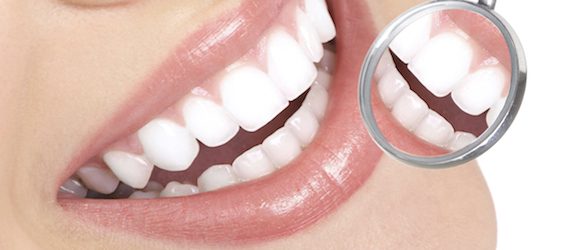If your teeth look grey or yellow and you would be happier with a brighter smile, you may want to approach your dentist to discuss how to whiten your teeth. However, some people are apprehensive about taking this step, as there is a rumour that products that whiten your teeth will also damage your tooth enamel. The truth is that whether your enamel will be damaged depends on how you whiten your teeth.
Procedures that whiten your teeth but could damage your tooth enamel
It is typically cheaper to use over-the-course or prescription products that whiten your teeth than to go to your dentist for a procedure that will whiten your teeth in the office. However, when used excessively, some products (like whitening strips) can damage your tooth enamel. The reason for this problem is that the active ingredients in these products will weaken the surfaces of your teeth until they begin to break down.
However, the American Dental Association has reassured consumers that most procedures that whiten your teeth (both in the dentist’s office and at home) are perfectly safe. It is important to make a distinction between increased sensitivity and actual damage; while some whitening treatments do cause temporary sensitivity, this should fade within a week or so.
Procedures that whiten your teeth in a healthy way
If you want to find out how to whiten your teeth in a way that will keep your mouth healthy but produce excellent results, you should speak to your dentist about what he can offer. Different offices will provide a range of different whitening systems, though most of these will be laser whitening procedures or the aforementioned professional home whitening kits. Your dentist may even recommend that you opt for laser treatment in order to see immediate results, then combine it with home whitening at later stage so that your results last for a longer period.
No matter how you choose to whiten your teeth, the key is to do so in moderation. It is only when procedures or treatments are used excessively that enamel damage may occur.






